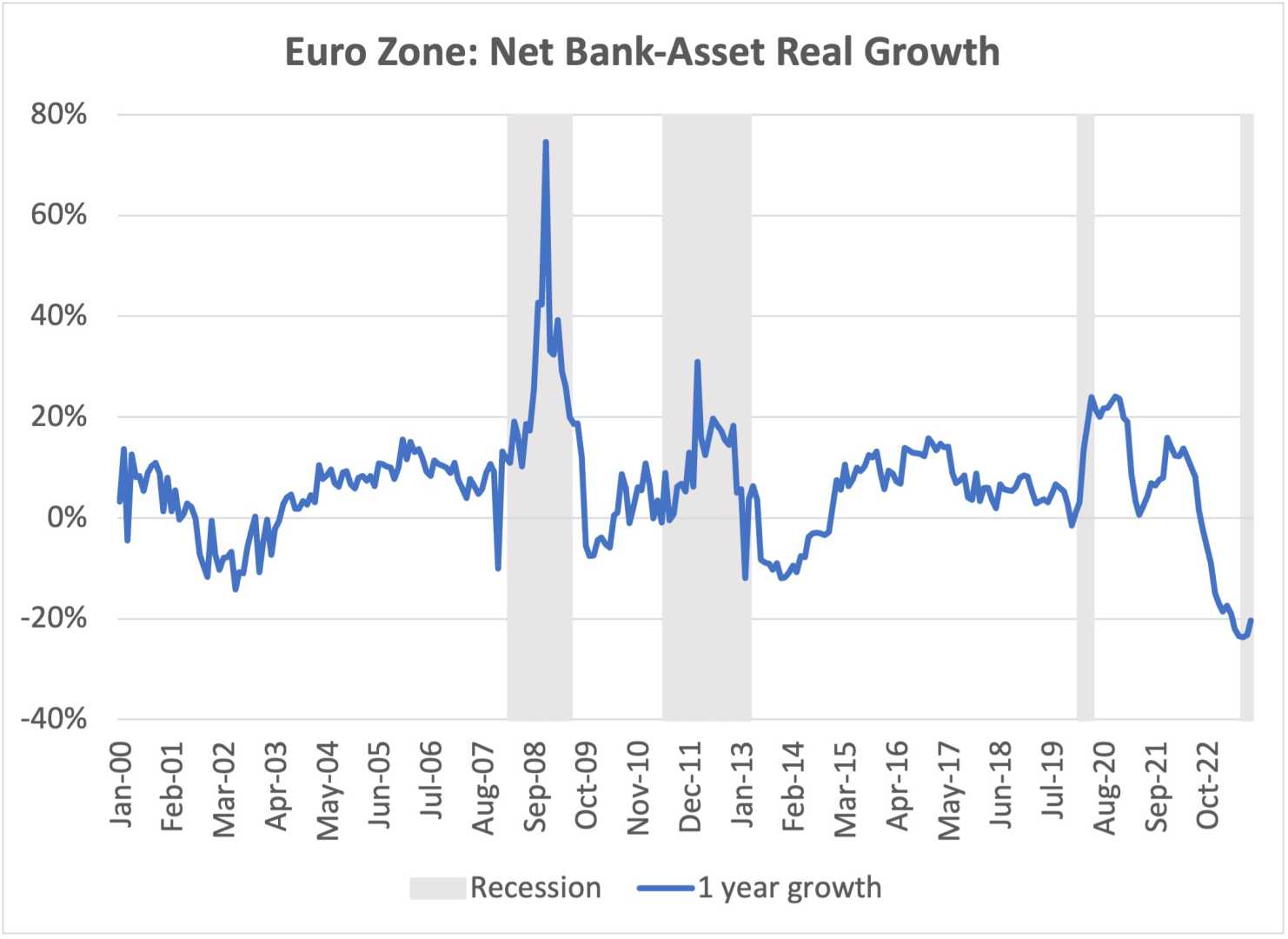Business
European Banks Suffer Major Losses Amid Trump’s New Tariffs

Reading, UK – April 6, 2025: European banks faced significant turmoil following U.S. President Donald Trump‘s announcement of sweeping tariffs, leading to dramatic losses in share prices. By mid-afternoon on Friday, April 5, the European banking index had plummeted by 9.28% as major institutions struggled to cope with the economic fallout.
Shares of leading banks, including UBS and Deutsche Bank, each reported losses ranging from 9% to 11% post-announcement. Notably, the stock of UBS, Switzerland’s largest bank, fell 8%. Analysts attribute the declines to the banks’ extensive exposure to the U.S. market combined with fears surrounding European economic stability.
Trump’s tariffs, implemented as a baseline 10% across various import categories, have raised concerns among economists that costs to consumers will rise, potentially exacerbating domestic inflation and increasing the risk of a recession in the U.S. Mohamed El-Erian, Chief Economic Advisor at Allianz, stated, “I don’t think [a U.S. recession] is inevitable because the structure of the economy is strong, but the risk has become uncomfortably high,” during an interview with CNBC.
Morningstar warned that an economic downturn would adversely affect U.S. banks, citing potential declines in loan growth, credit costs, and investment banking revenues. Recessions typically lead to lowered interest rates, further diminishing the banks’ net interest margins and increasing the likelihood of defaults.
European banks have been contending with these challenges since the European Central Bank started cutting interest rates last year and are pivoting toward fee-generating services like investment banking and asset management to mitigate the fallout. This strategic shift reflects a broader economic turbulence that affects global financial institutions, particularly in the face of U.S. dollar volatility and weakening European growth.
Specifically, Poland anticipates that U.S. tariffs will detract 0.4% from its GDP, equating to roughly $2.6 billion, according to government reports. Additionally, Deutsche Bank projects the euro area’s GDP could decline by 0.4 to 0.8 percentage points as a direct consequence of the tariff measures.
In response to these developments, the European Commission is formulating a series of economic proposals to bolster the region’s economy, with EU chief Ursula von der Leyen indicating that further countermeasures to safeguard European interests will be considered if discussions fail to yield beneficial outcomes.
Bank of America strategists have signaled significant downside risks for banks following the tariff announcements. They noted that major financial institutions have been supported by favorable fiscal narratives in Germany but may soon face headwinds from U.S. policy changes.
The Bank of England‘s recent statements underscore the crucial role of central banks in responding to the financial turbulence. Fed Chair Jerome Powell acknowledged potential slowdowns in growth and rising inflation but refrained from committing to any immediate policy changes.
Analysts are anticipating further adjustments in investment strategies, with UBS projecting the GBP/USD exchange rate to potentially strengthen to 1.36 by the end of 2025, although the dollar might weaken throughout the coming months due to ongoing market volatility.
The recent tariff decisions have sparked significant shifts in market sentiment, with JP Morgan flagging the possibility of decreased U.S. business sentiment compounded by supply chain disruptions. As market uncertainties continue to unfold, central banks will be under pressure to react decisively to stabilize the economic landscape.












